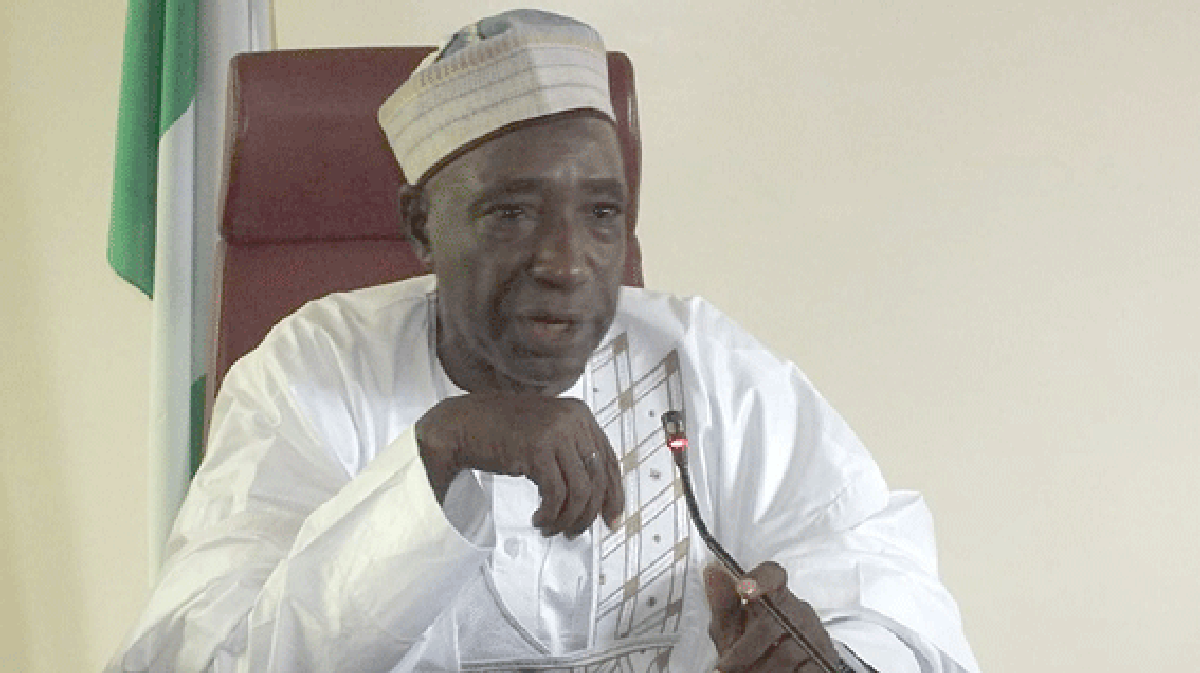Nigeria To Ban Milk Importation By 2022 – Agric Minister

 The Minister of Agriculture and Rural Development has said the Federal Government will ban milk importation by 2022.
The Minister of Agriculture and Rural Development has said the Federal Government will ban milk importation by 2022.
Nanono who made this disclosure in Abuja, at an event to commemorate 2020 World Food Day, explained that the ministry is making deliberate plans to ensure the availability of resources for milk production.
“We are planning in this ministry and watch my words, in the next two years we will ban the importation of milk into this country. And ask me why: we have 25 million cows in this country to produce five million litres per day.
“The issue is now logistics, which we have started by setting up milk processing plants across the country. I see no reason why we should import milk in the next two years. We should stop the importation of milk”, Nanono said.
The Minister said Nigeria is currently the largest producer of rice and cassava in the world.
According to him Nigeria has curbed imports and has established a robust rice production programme to encourage more rice production at home.
The minister further stated that the prices of food commodities which has currently gone up because of the COVID-19 pandemic would reduce in a couple of months.
Nanono added that the FG through the Agro Processing Productivity Enhancement and Livelihood Improvement Support Project (APPEALS) had earmarked N600 billion as loan support to farmers across the country.
He said that about 2.4 million farmers are expected to benefit from the loan at zero interest rate to encourage productivity and self-sufficiency in the country.
“The gesture will support farmers in the country to improve their productivity aimed at boosting the country’s agricultural sector, “ he said.
“The support was to complement the federal government policy on agriculture, which includes promoting food security, improving farmers production and also increasing exportation.”
The agric ministry had estimated that Nigeria spends $1.2- 1.5 billion annually to import milk and other dairy products. In 2019, the Central Bank of Nigeria (CBN) restricted foreign exchange for milk and cassava products in a bid to encourage local production.







